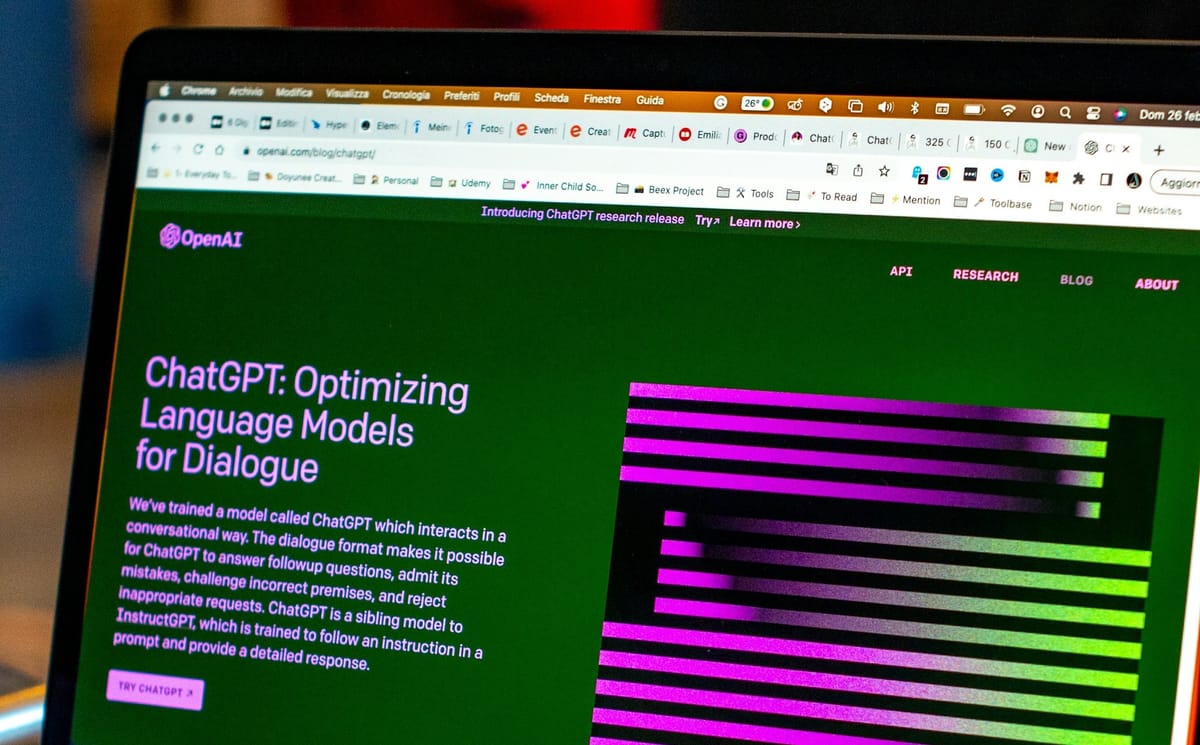The Role of AI in Software Marketing: Trends and Predictions

In today's fast-paced digital landscape, artificial intelligence (AI) is doing a lot more than just handling customer service chats or recommending your next binge-watch on Netflix. The realm of software marketing is where AI is truly stretching its wings, offering unprecedented possibilities and shaping trends that marketers can't afford to ignore. So, grab a coffee and let's dive into how AI is reshaping software marketing and where it's headed next.
Smarter Customer Insights
Understanding your audience used to be a game of educated guesses and clunky surveys. Now, AI can analyze vast quantities of data in real time, delivering valuable insights into customer behaviors, preferences, and even predicting future actions. Gone are the days of blanket marketing strategies; AI helps software companies tailor their messages to hit home with each individual customer.
Imagine having tools that segment your audience into micro-niches and personalize content down to the individual level. AI makes this happen seamlessly, offering a more nuanced understanding of your customer base than ever before.
Elevated Personalization
If you think personalized email subject lines and offering product recommendations based on past behaviors is cool, wait until you see what AI has up its sleeve. With AI-driven personalization, software marketers can go beyond standard practices to deliver hyper-personalized content.
For instance, AI can tailor entire marketing campaigns to align with the specific needs of different customer profiles. From dynamically adjusting user interfaces to offering tailored subscription models, the possibilities are endless. Such advanced personalization not only enhances user experience but also fosters stronger customer loyalty.
Predictive Analytics
One of the most exciting applications of AI in software marketing is predictive analytics. AI algorithms analyze historical data and trends to predict future customer behaviors. For software companies, this means being proactive rather than reactive.
Say goodbye to the guesswork in campaign planning. Predictive analytics can help marketers optimize their budgets, identify high impact areas, and anticipate market shifts. Essentially, it’s like having a crystal ball that takes the risk out of large-scale marketing investments.
Automating Mundane Tasks
Imagine a world where your marketing team doesn’t have to juggle dozens of repetitive tasks or manually sift through spreadsheets. AI-driven automation tools can handle mundane activities like data entry, customer segmentation, and even A/B testing, freeing up your team to focus on more strategic aspects.
Think of it as having a tireless, super-efficient intern who never needs a coffee break. This automation can significantly enhance productivity and allow for more creativity and innovation within your team.
Enhanced Customer Support
AI-powered chatbots aren’t just for answering basic questions anymore. These sophisticated bots can now handle complex customer queries, guide users through troubleshooting steps, and even upsell software subscriptions. Their capacity for natural language processing means they can understand and respond to queries more effectively than ever before.
A well-programmed AI chatbot provides instant, 24/7 customer service, improving user experience and satisfaction rates. It’s like having a top-tier support team that never sleeps.
Trends to Watch:
Voice Search and AI Assistants
As voice-activated AI assistants like Alexa and Google Assistant become more prevalent, they are poised to revolutionize search habits. Savvy software marketers are now optimizing their content for voice search, ensuring they remain visible in this evolving landscape.
AI in Content Creation
AI tools are beginning to assist with content creation, from generating blog posts to writing code. While human creativity can’t be fully replaced, these tools can certainly accelerate the content creation process, ensuring you always have fresh, optimized material to share.
Data Privacy and Security
As AI collects more data to fuel its algorithms, data privacy concerns are paramount. Companies that can balance cutting-edge AI capabilities with stringent data security measures will have a significant competitive edge.
Predictions for the Future
Looking ahead, the role of AI in software marketing is only set to expand. Expect to see more sophisticated AI applications, from sentiment analysis to autonomous marketing campaigns. AI will likely become an integral part of the marketing stack, much like social media or email marketing.
In summary, AI isn't just a buzzword in software marketing—it's a game-changer. By harnessing its capabilities, companies can gain deeper customer insights, enhance personalization, predict future trends, automate mundane tasks, and deliver superior customer support. Keep an eye on evolving trends like voice search and data privacy, and you'll be well-prepared for AI's transformative impact on software marketing.
Cheers to the future, marketers, because it's looking pretty darn intelligent!
